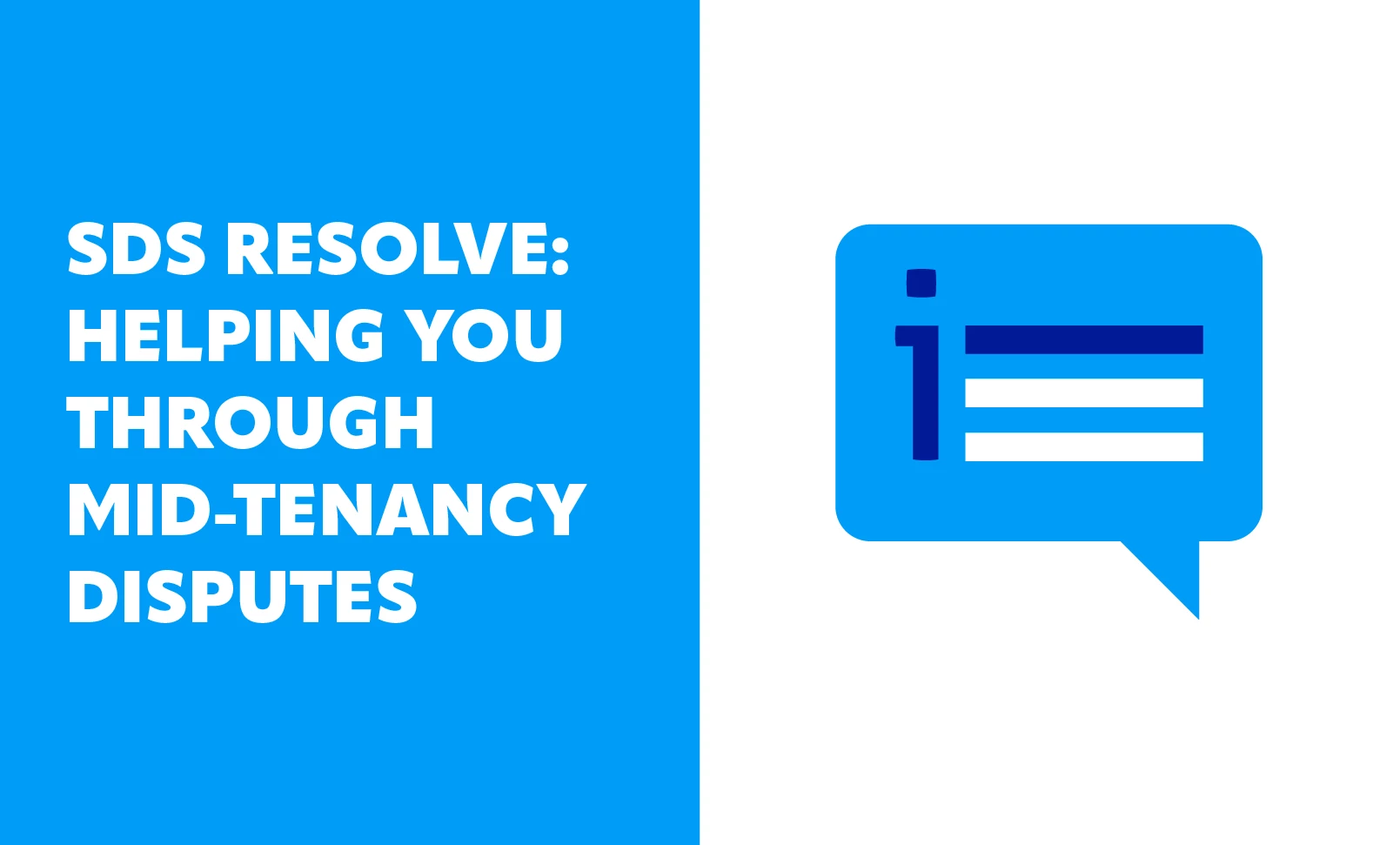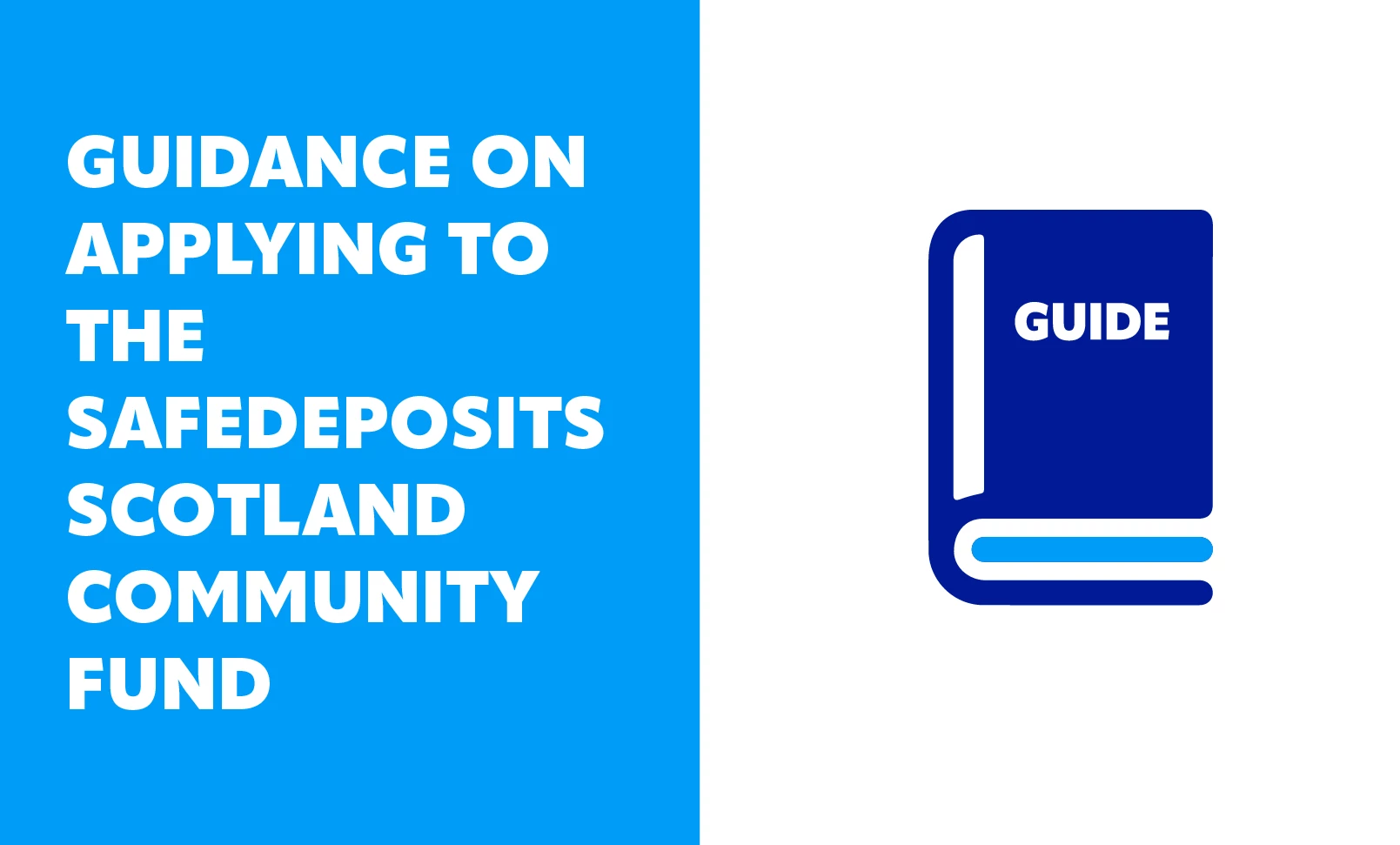Tags:
Adjudication
Betterment
Bills
Check-in report
Check-out report
Cleaning
Counterclaim
Damage
Deposit claims
Dispute resolution
Evidence
Fair wear and tear
First-tier Tribunal for Scotland
Industry news
Inventory
Key Matters magazine
Landlords
Letting Agents
Mould
Pets
Rent Arrears
Rent statement
Repayment
SafeDeposits Scotland Charitable Trust
SDS Resolution
Self-resolution
Smell
Tenancy agreement
Tenants
Utilities








